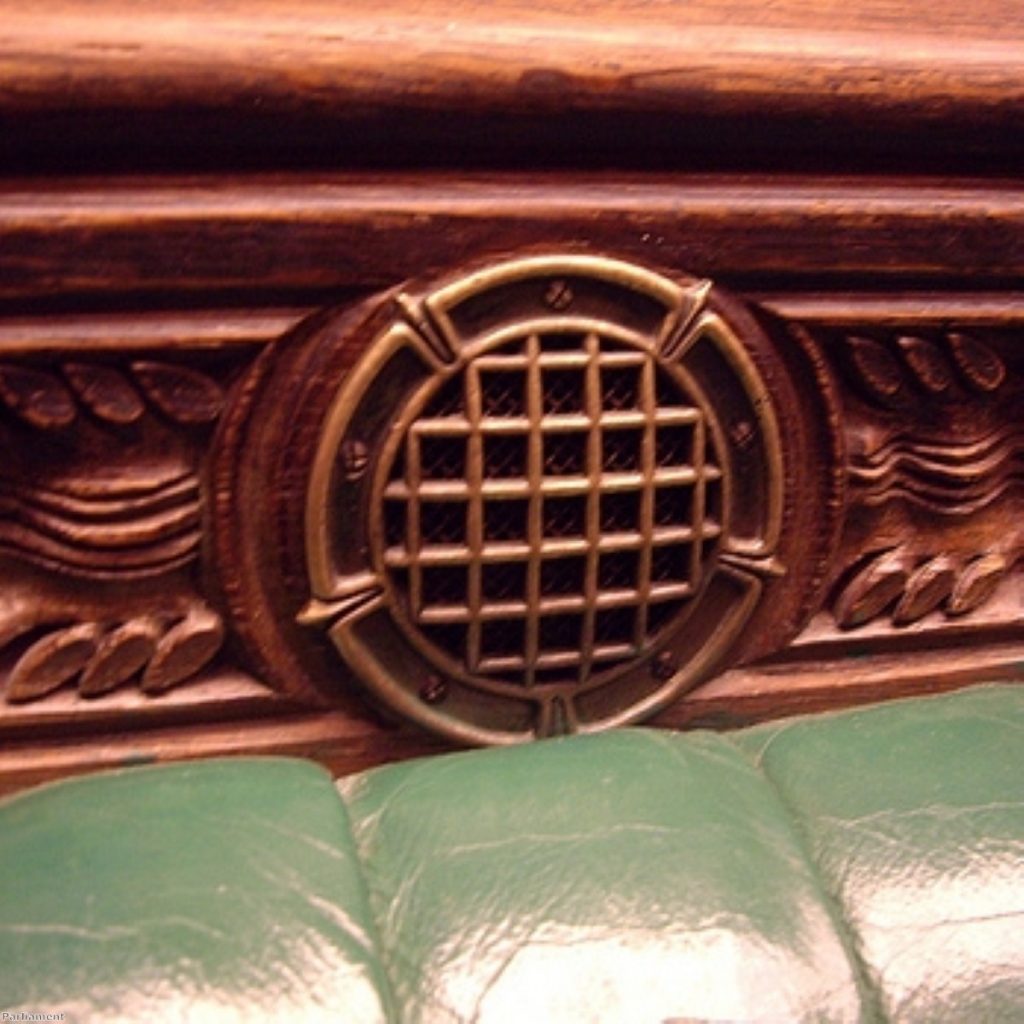Why MPs will always be the last to know
When I first began working as a journalist in parliament I soon noticed a special kind of MPs' complaint which goes utterly unreported by the press: opposition moaning about big policy announcements being unveiled to the press before the House of Commons.
MPs are supposed to be the first to hear the news. That's what's in the rulebooks, including the ministerial code, after all.
Their moaning about this issue was never judged significant in itself. This, it turned out, was because there was nothing newsworthy about the complaint: the Labour government's habit of breaking the rules was so endemic that there was nothing remarkable about them doing it. They did it every day.
A bit more familiarity with the Westminster machine and it became obvious why this is the case. All right-thinking press officers would be mad to save up the big news for the House of Commons.


Any big new initiative has to be previewed in advance by the national newspapers. That means journalists need to be briefed the day before. Then there's the mandatory ministerial appearance on the Today programme. Tune in for their top slot at 08:10 and you're more than likely to hear details of new measures which, by rights, shouldn't be announced until the Commons sits later that day.
Ministerial statements were the subject of the backbench business committee's first ever debate. And yesterday they were back again, with Tory uber-rebel Philip Hollobone leading the latest charge against the government. In political terms he is about as far from the frontbenches as it is possible to get, so he has strong credentials as an MP committed to keeping the government accountable.
"This is an issue that comes to the very heart of the effectiveness of this chamber," Hollobone told MPs. He complained it's got worse in the last five, ten, 15 years – and blames the coalition for 'enhancing' the bad habit of the Labour government. "Often it is hon. members who hear of new measures last, and not first. We're often the last to know."
The UK constitution has managed to get itself tied up in knots on this one. Whichever solution is adopted, it's unlikely heads will ever roll. Under the current system no action is ever taken because any breaches of the ministerial code are ruled on by the prime minister, who is never going to force any of his team to quit over something as trifling as a leak. If the power to rule on breaches is transferred to the Commons, though, the PM – whoever it is – will still get his way, as the government has a majority there.
Yesterday's debate does not seem to have been especially productive. Hollobone's arguments were quashed by the leader of the House, Sir George Young, who argued that broadbrush punishments against ministers were simply impractical.
"I do not believe that the motion either sets realistic standards or proposes an appropriate path for what might follow from a departure from the standards," he said. Calling for "all important announcements" to be made to parliament first was easily blockable, with the suggestion that most announcements are important: "Does the House seriously imagine that the government's policy on the advice to be given to British nationals on travel to Iran should not have been announced before the House sat?"
MPs defeated the motion by 228 votes to 119. The complainers have never got very far on this one. Nor will they ever, for what Sir George called the "tension between the realities of the 24-hour news cycle and the requirement of the ministerial code" are not going to go away in a hurry.
When it comes to keeping the media or the Commons happy, there's only one way the government's press officers are ever going to go…
— Alex Stevenson Follow @alex__stevenson












